Investigating the First Centuries of Church
International Congresses Is Presented, Planned in the Vatican Until October 29
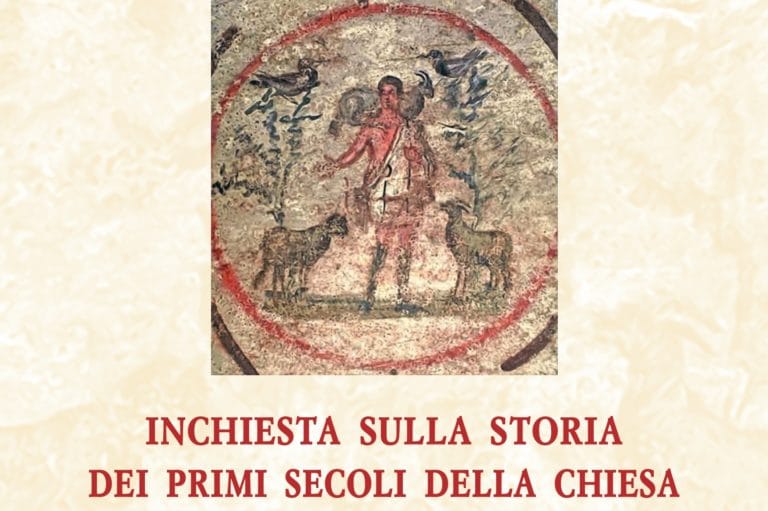
Why hold an international congress of studies on the first centuries of the Church? Father Bernard Ardura, president of the Pontifical Committee for Historical Sciences, answered the question during the presentation of the event, organized in collaboration with the Catholic University of Lyon, which will be held at the Most Holy Child Mary Institute in the Vatican from tomorrow until October 29, 2021. In particular, the congress, entitled “Investigation on the History of the First Centuries of the Church,” intends to contribute to make known the fruits of research of the last decades. “We want to give room to the researchers that have acquired knowledge that 20, 30, or 40 years ago were not noted,” explained Father Ardura, even if we “don’t arrive at definitive solutions.”
Open Approach
One of the focal points of the congress, postponed for a year because of the pandemic, will be the “open historiographic approach.” As Pope Francis pointed out, the “Committee must welcome all those that study seriously the history and the auxiliary sciences of history. I think the meeting will be an investigation and also a wager,” explained the priest. The point of departure is the comparison of two principal historiographic models regarding the first centuries of Christianity. As Father Ardura explained, on one hand, that of going back to Eusebius of Caesarea, which in some way points to a, so to speak, granitic continuity. “It’s as if the Church of the 1st century were the same as that of the 21st. It’s obvious that there has been a development.”
The Lutheran Pont of View
The other view, “especially the Protestant, interprets the history of the Church as a progressive degradation of the Church; hence, Luther wanted to despoil the Church of what he didn’t consider necessary. If you don’t know anything of the history of the first centuries, then he could affirm that five Sacraments were invented by the Church and, therefore, only keep Baptism and the Eucharist.” It’s the thesis held by Protestant theologian Adolf von Harnack (1851-1930), whose convictions are still fashionable, in particular, his affirmation that nothing can be said with scientific certainty about the first centuries of the history of the Church.
“On the contrary, already in antiquity and then in the 19th century with the great John Henry Newman a very strong theory was elaborated of the development of the Church, of her doctrine, but a harmonious development, in which things are not created that weren’t at the beginning but that an internal development took place.”
The Contribution of Specialists
To investigate these aspects the congress will have the contribution of specialists of different sectors, as those that “have studied the ways of communication and commercial ways. We are used to seeing antiquity in reference to the Mediterranean Basin but the world wasn’t limited to this. We discover that there was an extraordinary mobility on the routes of the ivory trade and the silk trade. Moreover, we have archaeological and literary testimonies of the influence of Christianity in non-Christian environments. This is why we speak of Investigation,” clarified Father Ardura.
An example: “I thought the evangelization of India by Thomas was a legend. However, traveling in Kerala, I realized that the so-called Christians of Saint Thomas have something to say. In the congress, we will listen to those that have studied some texts, such as the Acts of the Thomas, because legend “is not always a synonym of lie,” but can be a poetic and amplified transposition of real facts or circumstances.”
Innovative Cut
Intervening at the presentation also was Professor Gaetano Lettieri, Member of the Pontifical Commission for Historical Sciences and Director of the Department of History, Anthropology, Religions, Art and Entertainment of Rome’s La Sapienza University. According to this scholar, the congress is concerned with the history of the first centuries of the Church “with an innovative cut, there is no fear of confronting one another with different theses on the history of Christianity.” Lettieri stressed that “Luke already attempted a synthesis of different missionary visions. The perspective is that of the unitary movement that is proper of the Church.”
The congress “accepts the challenge of diversity, the plurality of methods, the ways that characterize the Christian choice since the origin. To honor the Christian identity, to honor this multiplicity of challenges, the effort of the historian, but also of the man of faith, is to find the point of synthesis.”
Courageous Choice
There is a plurality of methods and views that represents a courageous choice. The first session will witness the interventions of Daniel Marguerat, of the University of Lausanne, exponent of Swiss Protestantism, and of Professor Antonio Pitta, of the Lateran University, who in fact will talk about “von Harnack and the history of the first centuries of the Church: Agreed or Denied Judgments.” “We are all a bit Harnackian. The history of Christianity would not exist without evaluating Harnack’s legacy, though with its limitations. It is stressed that the historical method can, in fact, have a confessional connotation. It’s necessary to find the difficult balance between the ideological option that we all have, and the honesty and rigor” of research, concluded Professor Lettieri.
Translation by Virginia M. Forrester
Related
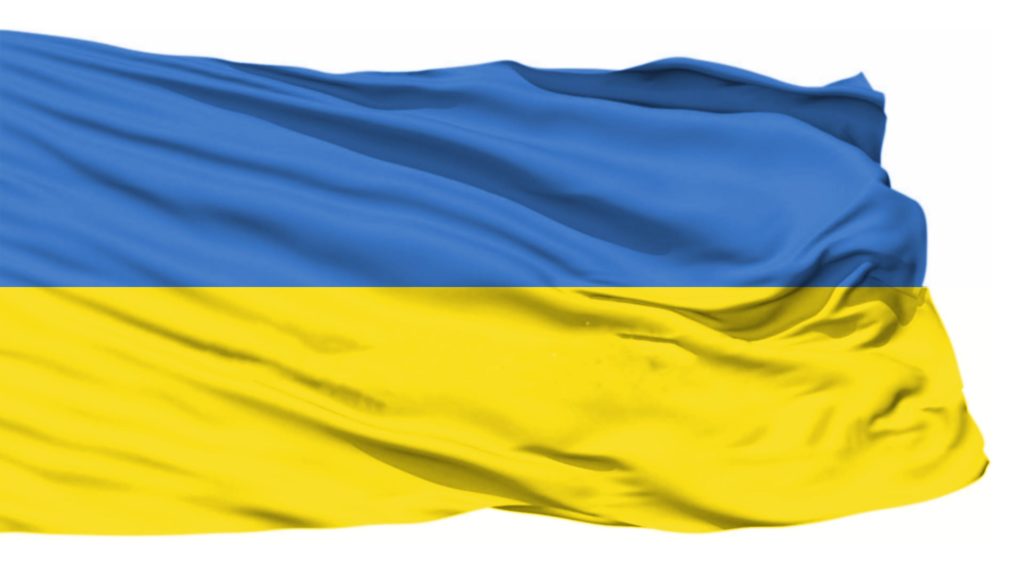
Riccardi, Sant’Egidio: An Appeal for a Ceasefire & Kiev to Be Proclaimed an “Open City”
Exaudi Staff
27 February, 2022
2 min
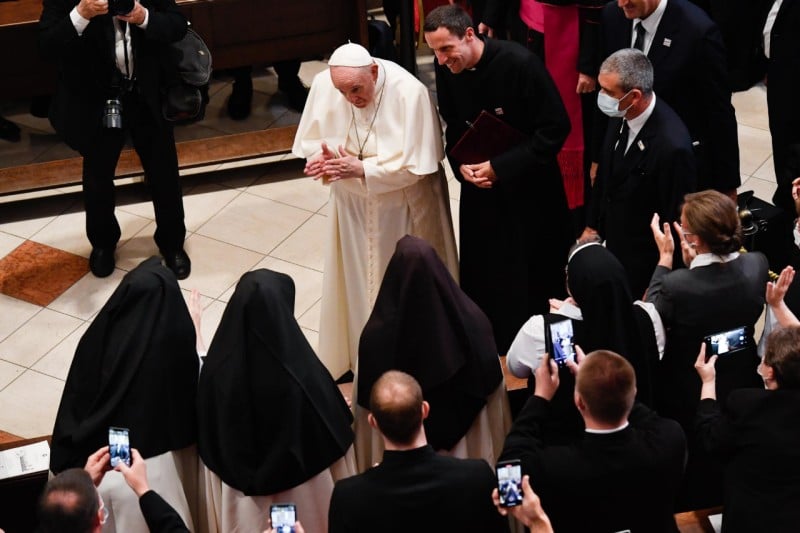
‘The Veil Of Silence’ – New Book By Journalist Salvatore Cernuzio
Deborah Castellano Lubov
15 February, 2022
5 min
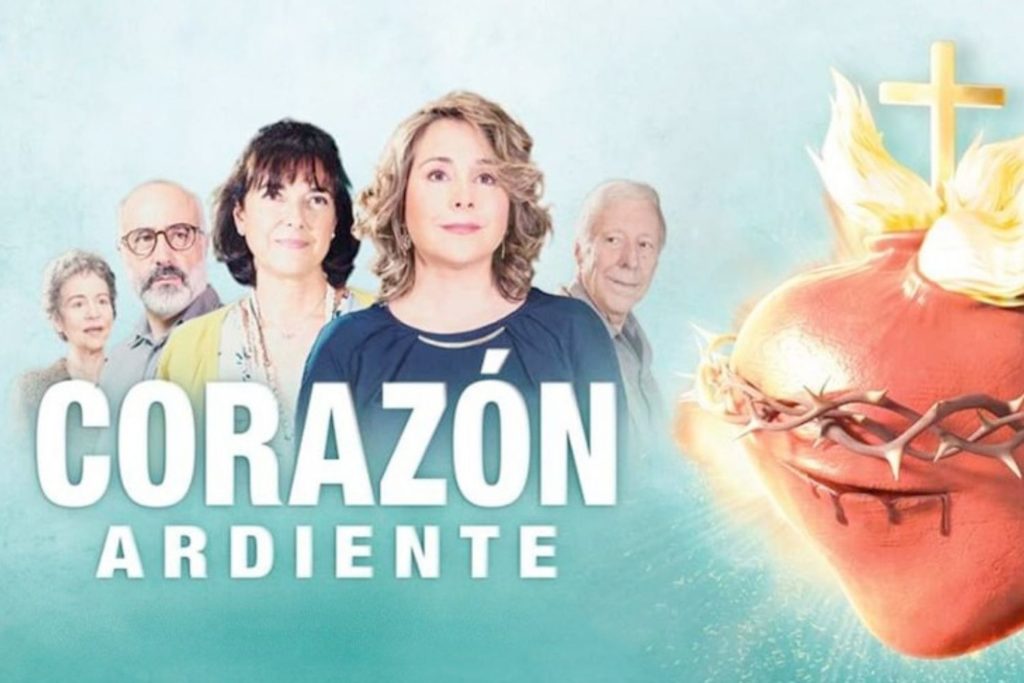
Catholic Film Festival Presents Movie ‘Burning Heart’
Exaudi Staff
09 February, 2022
2 min
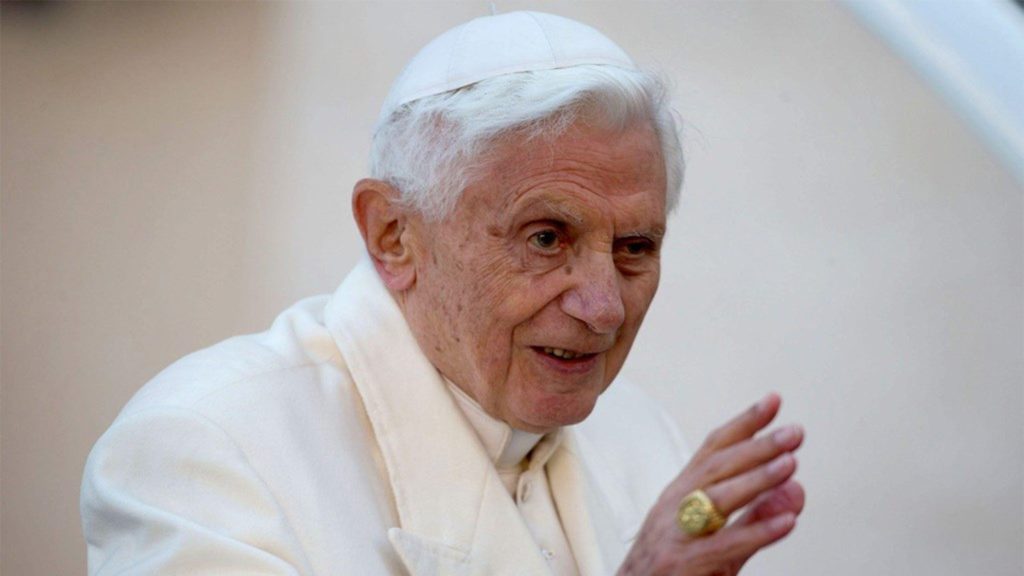
‘Letter of Pope Emeritus Benedict XVI Regarding the Report on Abuse in the Archdiocese of Munich-Freising’
Exaudi Staff
08 February, 2022
5 min
 (EN)
(EN)
 (ES)
(ES)
 (IT)
(IT)

